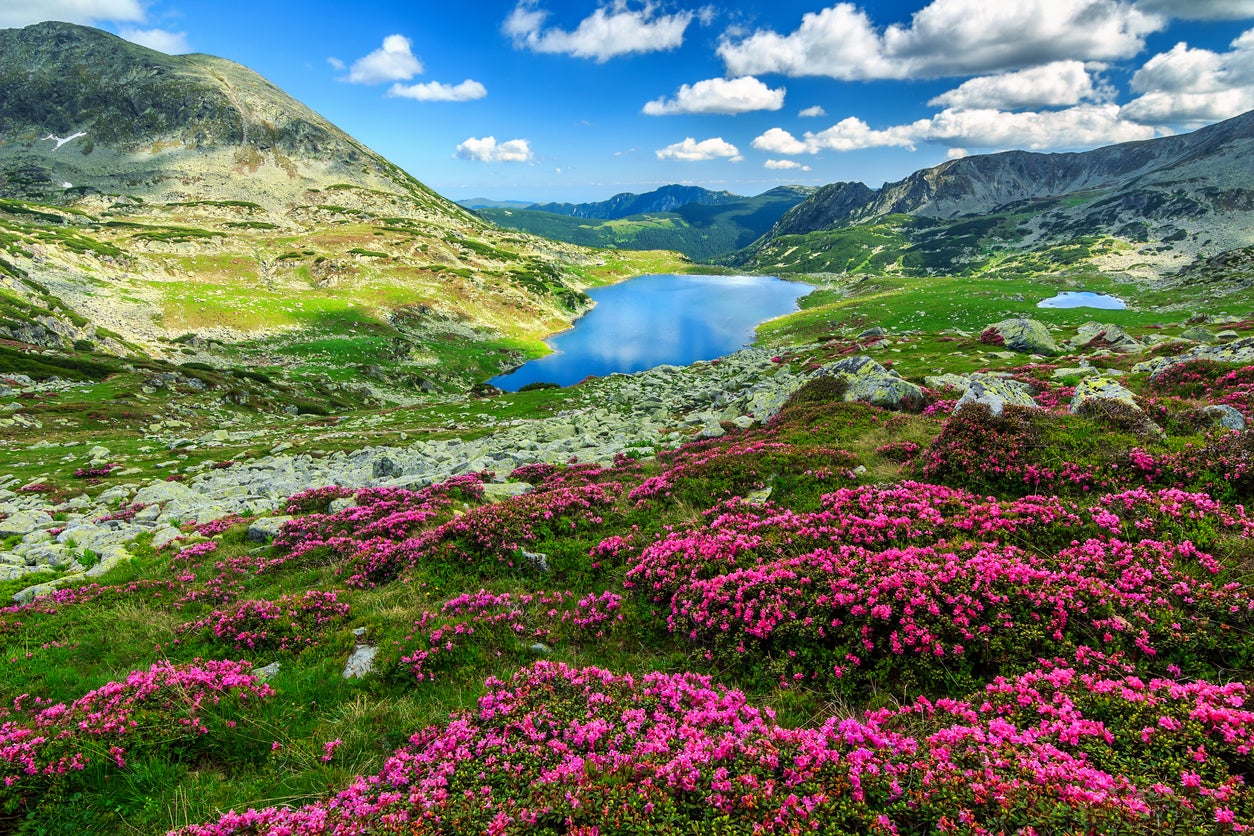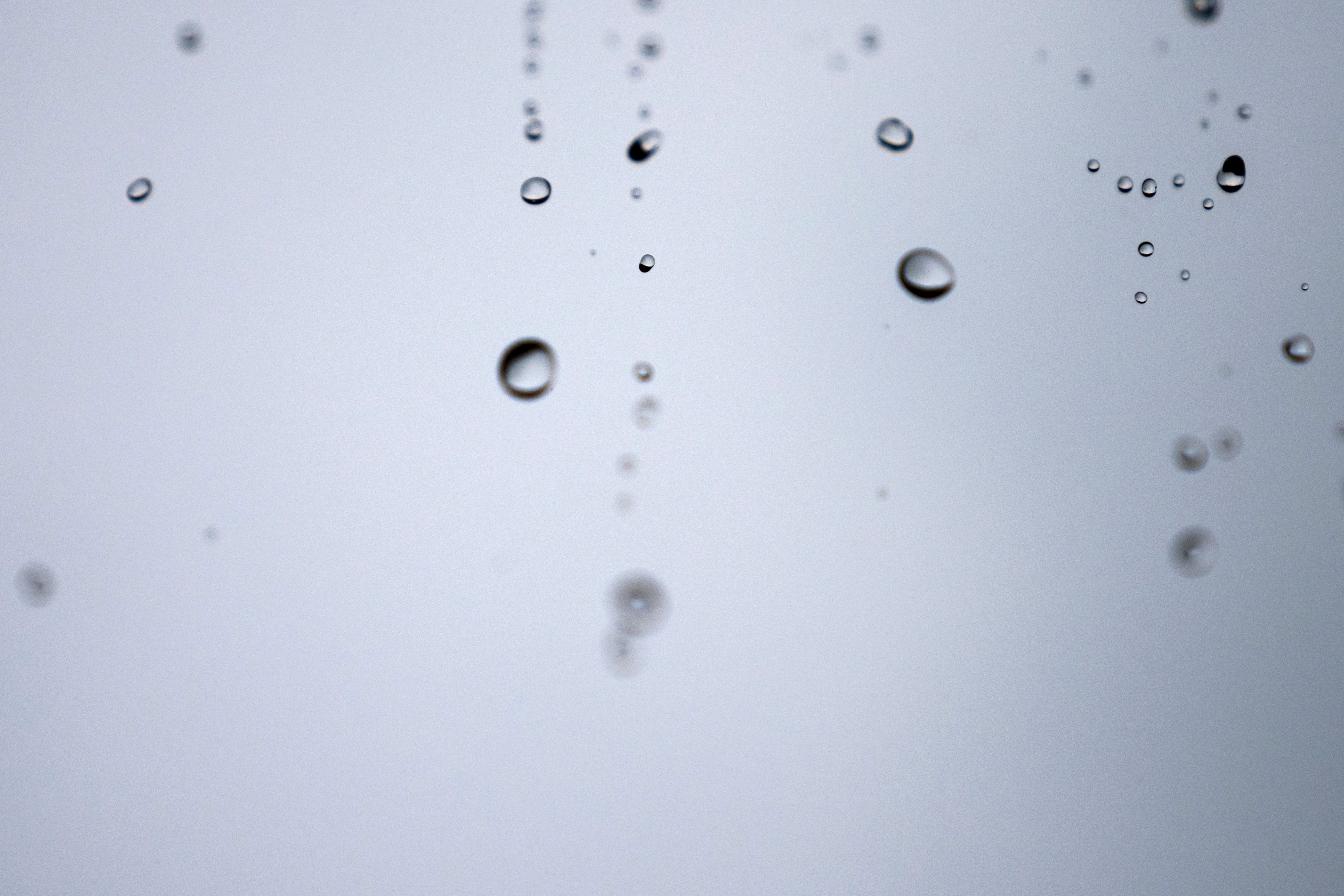Most of Europe’s surface water bodies polluted by chemicals, new report shows
The findings paint a stark picture of the continent's struggling water resources

The majority of Europe's surface water bodies are contaminated with chemicals, according to a new report from the European Commission.
The findings paint a stark picture of the continent's struggling water resources, highlighting the urgent need for action.
The Commission's assessment reveals that 39.5 per cent of surface waters, including lakes, rivers, and coastal areas, achieved "good" ecological status in 2021.
Even more alarming is the decline in chemical status, with only 26.8 per cent of these bodies meeting the required standards, a significant drop from 33.5 per cent in 2015.
This decline comes as the EU grapples with increasing water scarcity and droughts, exacerbated by climate change.

The report noted partial improvements - for example, in aquatic plants in lakes - but these did not rescue the overall health of water bodies.
The situation is better in Europe's groundwater bodies, 86 per cent of which had a good chemical status - although nitrates from farming were polluting groundwater supplies in most EU countries, the data showed.
"The situation for water in the EU is in bad shape," EU Environment Commissioner Jessika Roswall told Reuters in an interview last month. "We have taken water for granted for so long. And I think it's time now that we have this mindset change."
Addressing the issue will be a political challenge - not least because it would involve tackling the substantial impact farming has on water supplies, through irrigation and pollution like nitrates from fertilisers that leach off fields.
Farmers across Europe wielded their political influence last year, staging months of sometimes violent protests against EU rules that resulted in Brussels scaling back some environmental measures.
The Commission said more radical measures were needed to tackle nitrates pollution, but it acknowledged these "could be politically difficult to adopt".
With most countries expected to miss an EU target for all surface water to be in "good" status by 2027, failure to act could result in legal action. The Netherlands is already facing a court order to drastically cut nitrogen pollution, which damages water quality.
The EU could allocate more funds from its next budget to clean up water supplies - although those demands will compete with governments' requests for more EU spending on defence and industry.
Join our commenting forum
Join thought-provoking conversations, follow other Independent readers and see their replies
Comments
Bookmark popover
Removed from bookmarks